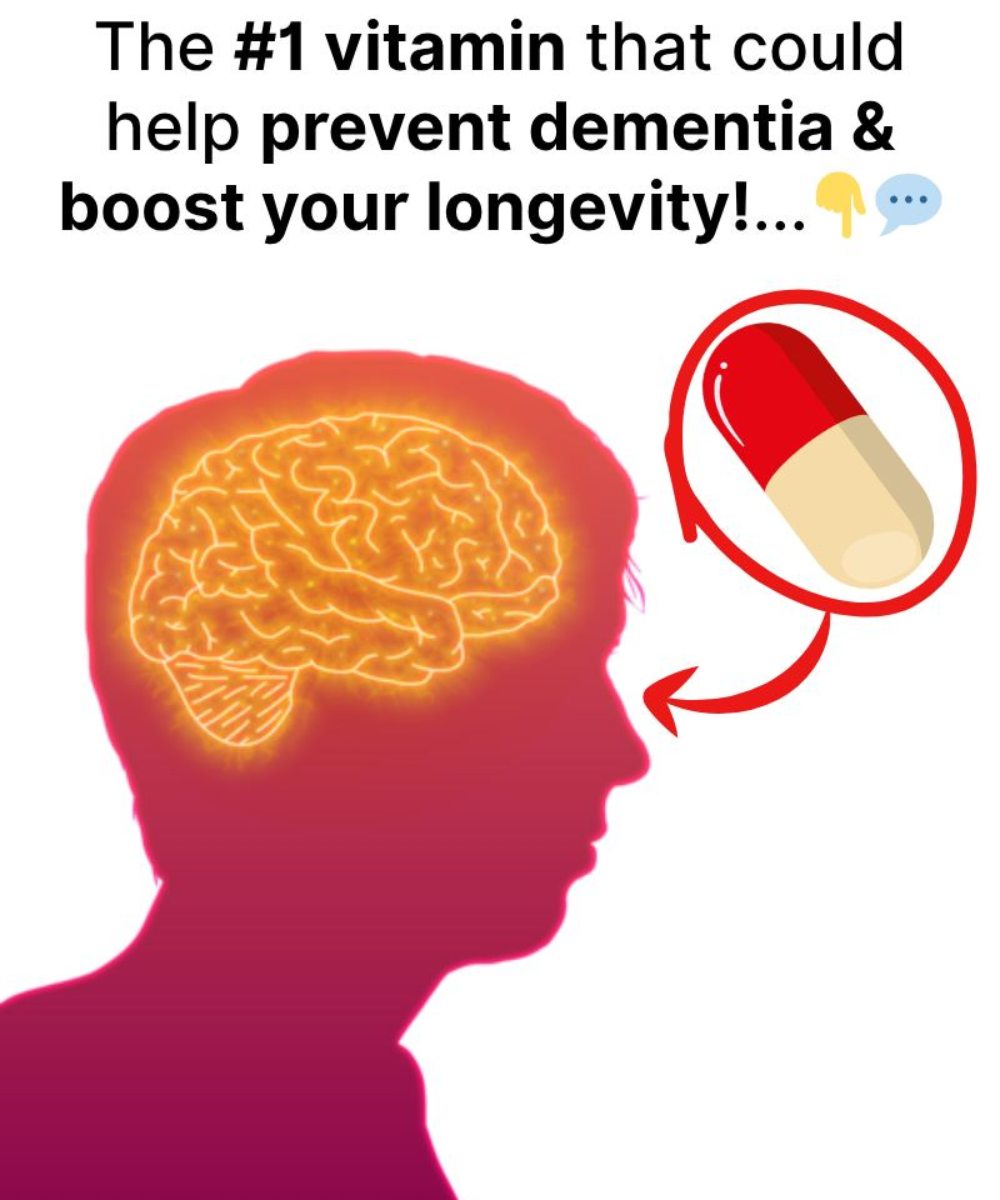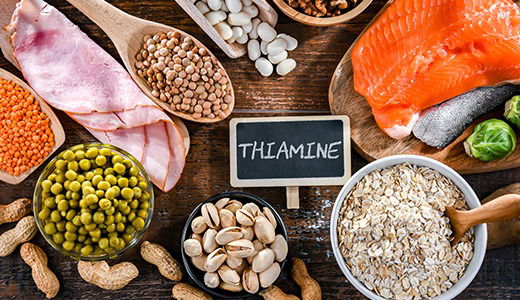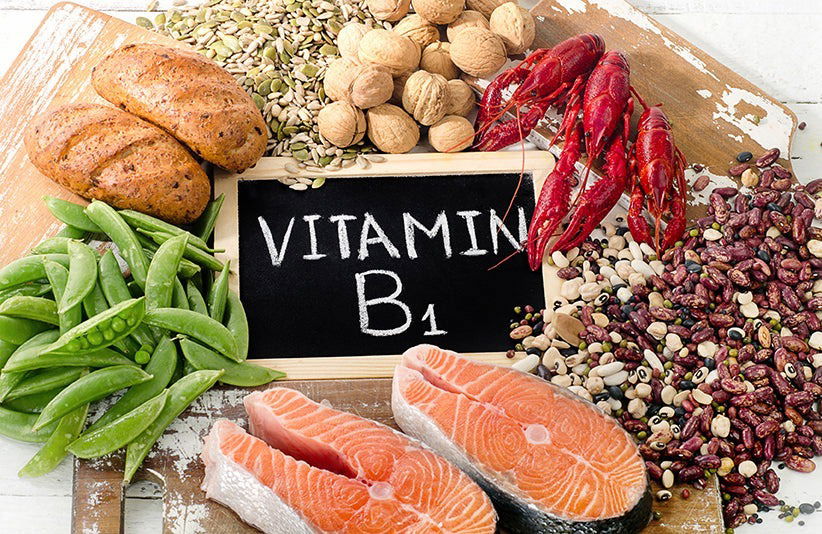
Dr. Liu Jia-Yia points to an often-ignored but crucial nutrient for maintaining brain health: “thiamine”, or Vitamin B1. Though it’s not frequently discussed, thiamine is essential for proper brain function, and a deficiency can contribute to serious cognitive issues, including dementia.
Thiamine Deficiency: A Silent but Serious Risk
Even with modern medical advancements, dementia rates are climbing in some parts of the world, such as the United States. In contrast, places like Singapore have seen a decline. One key difference? Thiamine consumption.
Thiamine plays a major role in converting carbohydrates and fats into usable energy, especially for the brain.
The U.S. addresses this by fortifying foods like bread and cereal with the vitamin.
But this may not be enough, particularly as current food processing and cooking techniques often strip thiamine from our meals.

Why Common Foods May Be Depleting Thiamine
Although white rice is a dietary staple for millions, it’s actually a refined food with much of its natural thiamine removed during processing. Unlike brown rice, it lacks the nutrient-rich outer layers.
In the past, communities relying heavily on white rice without additional supplementation experienced widespread thiamine deficiency, leading to mental decline and poor decision-making.
Even when rice is rinsed (a common practice to reduce arsenic), it can lose what little thiamine remains. Boiling foods and discarding the cooking water has a similar effect.
Habits That Quietly Deplete Thiamine Levels
A deficiency in thiamine doesn’t happen overnight. It develops gradually and is often misdiagnosed or overlooked. Symptoms like constant fatigue, brain fog, and mood swings are common but nonspecific. Certain everyday habits worsen the situation:
- Alcohol: Slashes thiamine absorption by half.
- High-heat cooking: Breaks down thiamine, especially when alkaline substances like baking soda are used.
- Caffeine: Found in coffee and tea, it acts as a diuretic and contains compounds that interfere with thiamine.
- Raw seafood: Contains enzymes that destroy thiamine in the digestive tract.
- Preservatives: Sulfites, used in processed foods and wine, degrade thiamine.

Medications That Interfere with Thiamine
Certain prescription drugs can hinder your body’s ability to absorb or retain Vitamin B1:
- Antacids and proton pump inhibitors: Reduce the stomach acid needed for nutrient absorption.
- Diuretics: Increase thiamine loss through urination.
- Metformin: A common diabetes medication that can lower B1 levels over time.
These medications are important for many patients, but the impact on vitamin absorption is a side effect worth acknowledging and managing.
How the Kidneys Factor In
Your kidneys play a vital role in maintaining thiamine levels. High blood pressure—often linked to a high-sodium diet full of processed foods—can damage the kidneys, speeding up nutrient loss. Early-stage kidney issues often go unnoticed, quietly contributing to thiamine deficiency.
Other factors, such as heavy metal exposure, chronic gut issues (like IBS or frequent diarrhea), and even aging (which reduces stomach acid), can impair your body’s ability to absorb or use thiamine effectively.

Brain Health Is Bigger Than One Vitamin
While thiamine is key, it’s only part of a broader nutritional foundation that supports brain health. Other important nutrients include:
Vitamin D: Technically a hormone, it supports memory, mood, and cognitive function. Its effectiveness depends on nutrients like magnesium, zinc, boron, and Vitamin K2.
Omega-3 fatty acids (DHA and EPA): These essential fats make up much of the brain’s structure and are critical for memory, mood regulation, and neuron protection. A deficiency has been linked to insomnia and depression.
A Preventive, Nutrition-First Approach to Aging
Rather than waiting for illness to surface, we should proactively support brain health by prioritizing essential nutrients. Whole, minimally processed foods—not just supplements—are the most effective way to nourish the brain.
By staying educated and making thoughtful choices in our diets and routines, we can help protect cognitive function, slow mental decline, and enjoy a sharper, more vibrant life as we age.















